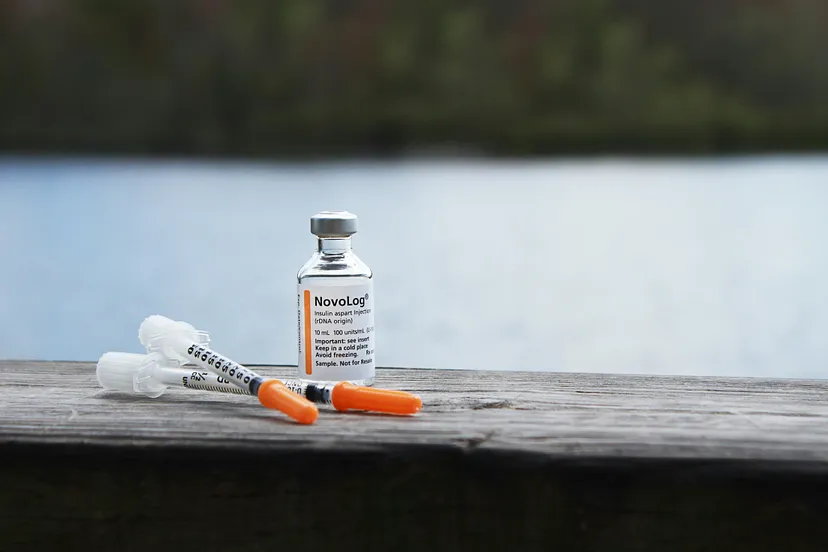Type 2 Diabetes Cured by Stem Cells

Stem cells are increasingly being used in a variety of medical treatments, but a recent breakthrough from Shanghai suggests the best is yet to come.
A senior who had suffered from type-2 diabetes for 25 years hasn’t taken insulin for 33 months after receiving a regenerative islet cell transplantation.
Type-2 diabetes, often developed due to poor diet and lifestyle choices, is one of the most prevalent non-communicable diseases globally. China is particularly affected, with 140 million people suffering from diabetes-related complications such as kidney problems, blindness, amputation, and cardiovascular issues.
However, this new breakthrough, the result of 10 years of research and testing, might revolutionize the treatment of diabetes.
Yin Hao, a leading researcher and director of Shanghai Changzheng Hospital’s Organ Transplant Center, explained that they took the patient’s own peripheral blood mononuclear cells and reprogrammed them into pluripotent stem cells, which were then injected into the pancreas.
“Our technology has matured and it has pushed boundaries in the field of regenerative medicine for the treatment of diabetes,” Yin told China Daily. His team conducted the research with scientists from the Center for Molecular Cell Science at the Chinese Academy of Sciences.
Current transplant treatments for type-2 diabetes are limited by a shortage of donor cells and the complexity of pancreatic islet cell isolation technology. Pancreatic islet cells are the main insulin producers in the body, and the patient’s cells were almost completely inhibited. He relied on multiple daily insulin injections and had also undergone a kidney transplant.
After receiving the manufactured stem cells in 2021, he gradually stopped needing external insulin over 11 weeks, and his diabetes seemed largely cured.
“Follow-up examinations showed that the patient’s pancreatic islet function was effectively restored, and his renal function was within normal range,” Yin said. “Such results suggested that the treatment can avoid the progression of diabetic complications.”
The study was published in Cell Discovery on April 30th. Future research, the authors wrote, should explore pharmacological options that could provide off-the-shelf equivalents for islet transplantation.